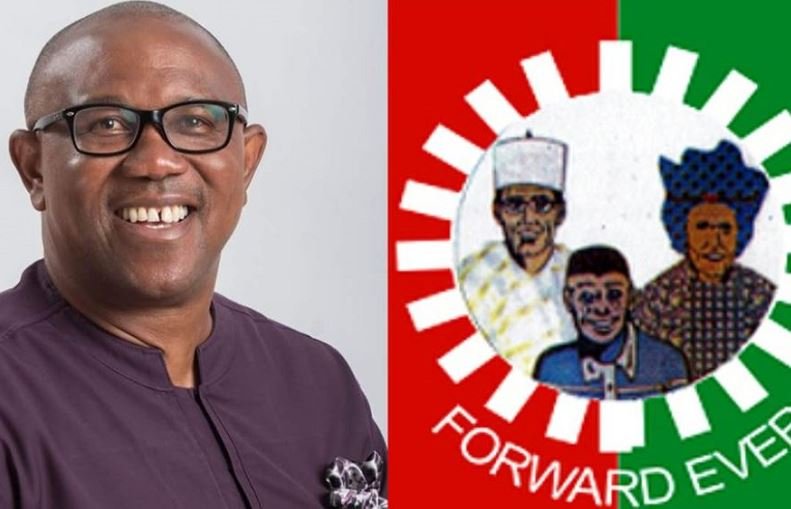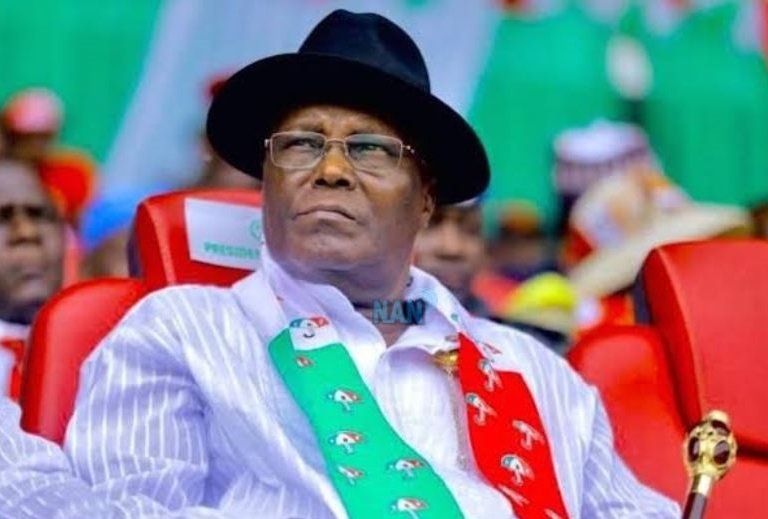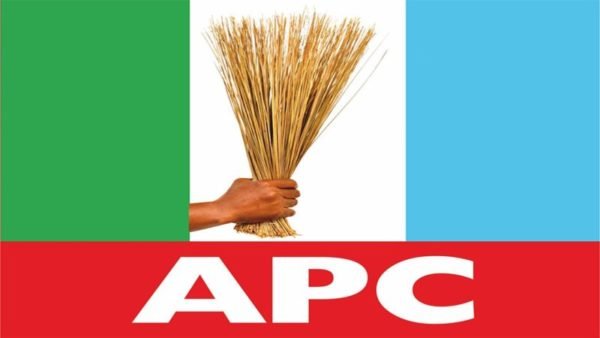President Mohamed Ghazouani of Mauritania will be reelected, provisional results from all polling stations showed on Sunday, after positioning the country as a strategic ally of the West in a region swept by coups and violence.
Ghazouani, who campaigned on a pledge to provide security and economic growth, obtained 56.1% of votes, the country’s independent electoral commission said late on Saturday. His main rival, anti-slavery activist Biram Dah Abeid, received 22.1% of votes, but earlier on Sunday he rejected the results, alleging fraud.
The country’s constitutional court is now expected to review the results to announce the final outcome of the election, but it remains unclear when it will happen.
The turnout was 54% of the two million eligible voters, the commission said.
Although his opponents accused him of corruption and mismanagement, Ghazouani, a former army chief, remains popular among Mauritanians, who see him as a beacon of stability. The vote is taking place in a tense regional climate, with Mauritania’s neighbours shaken by military coups and jihadi violence.
Mauritania is rich in natural resources, including iron ore, copper, zinc, phosphate, gold, oil, and natural gas. It is poised to become a gas producer by the end of the year, with plans to launch the BP-operated Greater Tortue Ahmeyin offshore gas project on the border with Senegal.
Yet, according to the United Nations, almost 60% of the population lives in poverty, working as farmers or employed informally. With few economic opportunities for young people at home, many are attempting to reach Europe, and some are even trying to get to the United States through Mexico.
“The last word belongs to the Mauritanian voters,” Ghazouni said after voting in Ksar, a suburb of the capital. “I commit myself to respecting their choice.”
Saturday’s vote unfolded peacefully, according to observers.
“Nothing has been detected so far, and the CENI has not received any complaints,” said Taghioullah Ledhem, the spokesman for the CENI, the country’s independent electoral commission.
But some opposition candidates held a different view. CENI is made up of representatives of political parties, and its president is appointed by the government. Some have accused it of colliding with Ghazouani’s regime.
Biram Dah, who came in second in the vote, rejected the provisional results and warned of an “electoral coup d’état for the benefit of Ghazouani, who was defeated by voters.”
During a press conference Sunday morning, he accused the electoral commission of fraud by giving Ghazouni thousands of votes “out of nowhere.”
Later on Sunday, from his residence in Riadh, a impoverished suburb of the Mauritanian capital, he advocated for civil disobedience and urged the military and security forces to resist the government’s use of them against the people.
“The battle is not over; we are not defeated,” he said. “The people are not defeated and will not be
defeated, we are there to defend the people until the last drop of blood.”
The African Union sent an observation mission to Saturday’s vote but has yet to release its statement.











